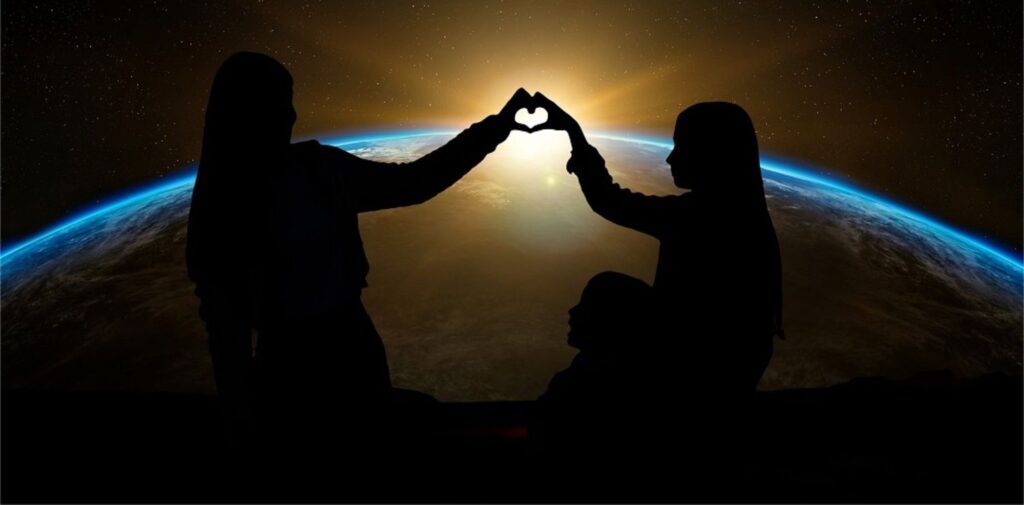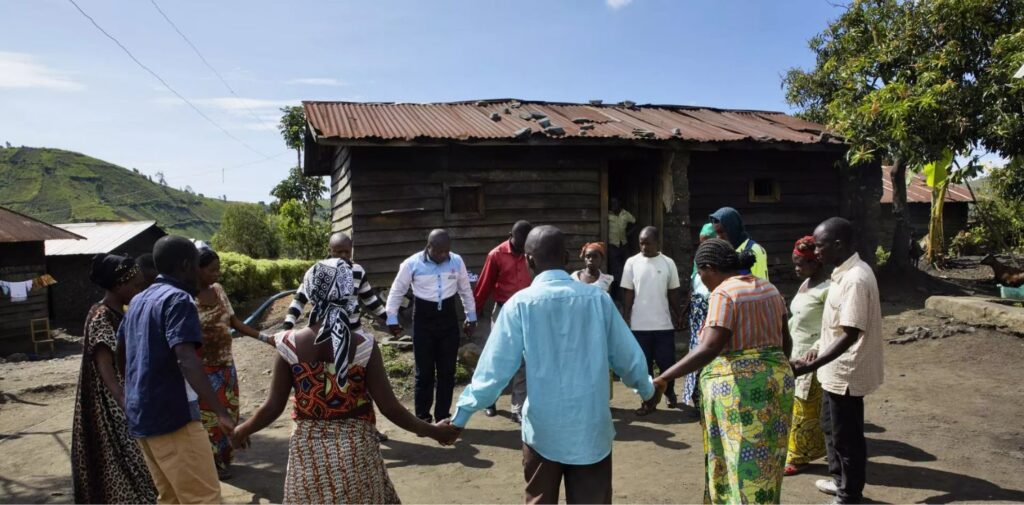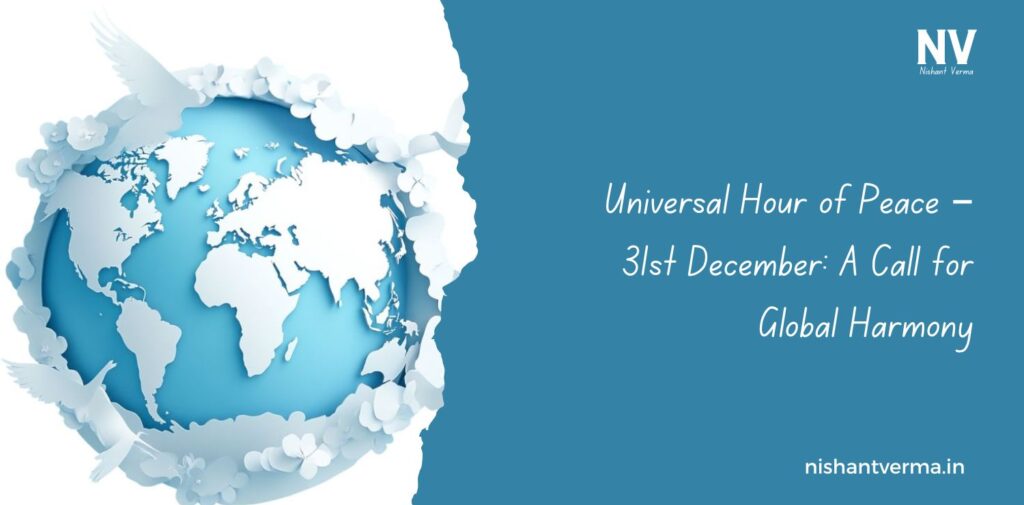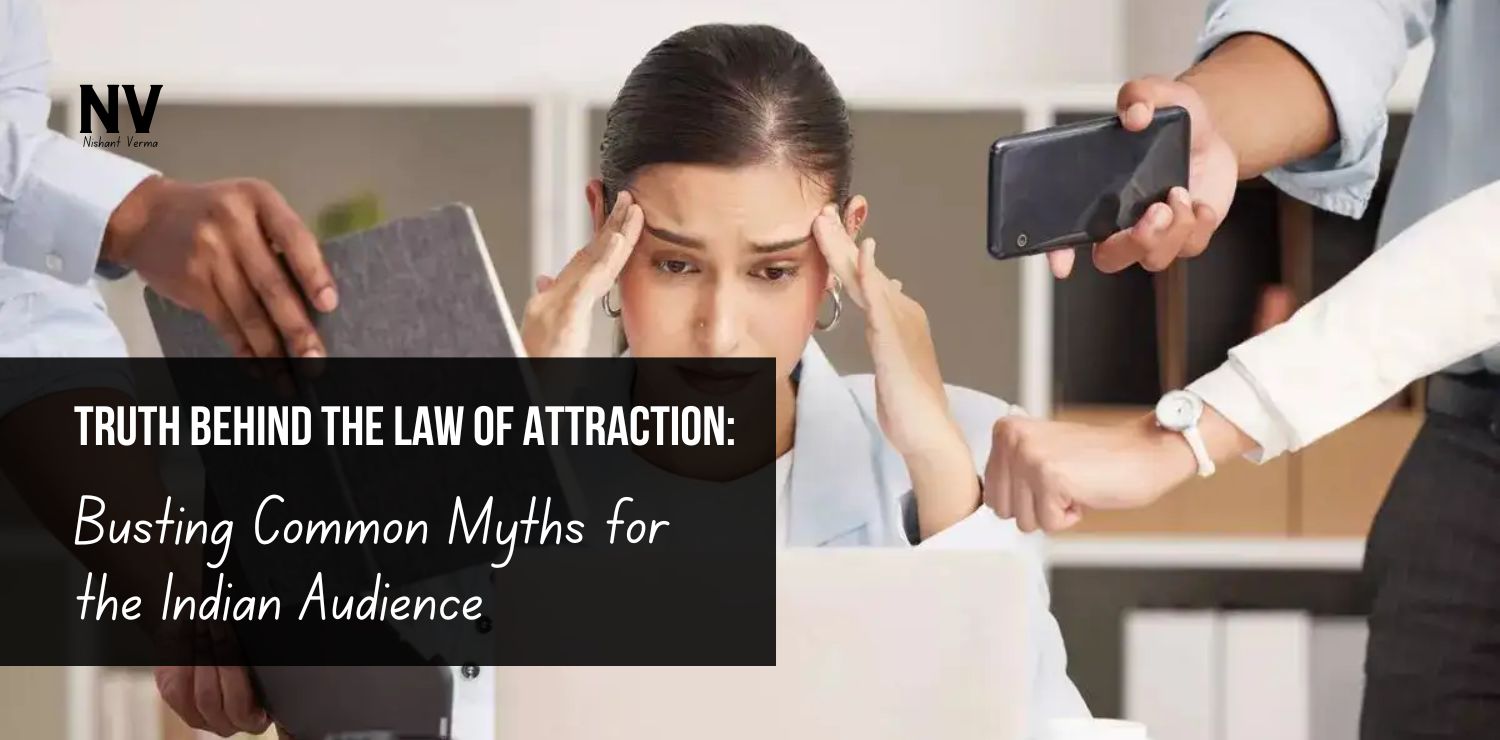In a world that is often divided by conflict, differences, and misunderstandings, the idea of peace is more important than ever. As we approach the end of another year, the Universal Hour of Peace on December 31st serves as a reminder to all of us, across the globe, to take a moment and reflect on the need for peace, unity, and harmony. This special hour encourages people from all walks of life to pause and focus on fostering peace within themselves and in the world around them.
What is the Universal Hour of Peace?
The Universal Hour of Peace is a global initiative aimed at bringing together people from various cultures, religions, and backgrounds to share a moment of peace. It is observed every year on December 31st at a specific time, and its main purpose is to create a collective awareness of the importance of peace and the need to promote peaceful coexistence. This event is celebrated worldwide, and it encourages individuals, families, communities, and even nations to unite in a common cause: to observe a peaceful moment of reflection.
In India, where people from diverse backgrounds and beliefs live together, the Universal Hour of Peace can serve as a reminder of the country’s values of non-violence and unity in diversity. The observance encourages people to set aside their differences and work towards a common goal of peace and understanding.

The Importance of Peace in the Modern World
In today’s fast-paced, often chaotic world, the idea of peace can sometimes feel distant or difficult to achieve. News reports about violence, wars, and conflicts dominate media outlets, leaving many of us feeling hopeless about the possibility of peace. However, the Universal Hour of Peace is not just about addressing large-scale conflicts between nations. It is also about encouraging personal peace and peace within local communities.
India, a country with a rich history of spiritual wisdom, has always emphasized the value of peace. From the teachings of Mahatma Gandhi, who championed non-violence, to the principles of ancient Indian philosophies like Buddhism and Hinduism, peace is an essential part of our cultural fabric. Gandhi’s vision of Ahimsa (non-violence) and his dedication to peaceful resistance during India’s struggle for independence are timeless lessons that continue to inspire people around the world today.
But peace is not just a philosophical ideal. It has practical importance. Peace is the foundation for progress, prosperity, and happiness. Without peace, there can be no development. Conflict, whether personal or political, disrupts the flow of daily life and often leads to long-lasting consequences, such as poverty, injustice, and inequality. Therefore, cultivating peace on a personal level can help build a peaceful society, which in turn can contribute to the creation of a more peaceful world.
The Global Significance of the Universal Hour of Peace
The Universal Hour of Peace is not limited to a specific country or group. It is a global event that transcends national borders, religions, and cultures. The idea behind this observance is simple but powerful: by dedicating just one hour to peace, we can make a significant contribution to the healing of the world.
This hour provides an opportunity to reflect on the importance of unity, empathy, and understanding. It is a reminder that, despite the divisions that often exist between people, we all share a common humanity. The Universal Hour of Peace encourages us to put aside our differences, whether they are related to religion, caste, nationality, or politics, and instead focus on what unites us. It invites us to recognize our shared responsibility for the well-being of each other and the planet.
The observance of this hour can take various forms. For some, it may involve moments of meditation or prayer; for others, it may mean spending time with loved ones in a peaceful setting. Some people may choose to take part in community events, where people come together to discuss peace, share experiences, and engage in collective actions that promote harmony.
Peace Begins with the Individual
While the Universal Hour of Peace encourages collective action, it is important to remember that true peace begins within the individual. In order to create a peaceful world, we must first cultivate peace in our hearts and minds. Personal peace is the foundation for outward peace. When we are at peace with ourselves, we are better able to interact with others in a peaceful and constructive manner.
In India, spiritual practices such as yoga, meditation, and prayer play a significant role in fostering inner peace. These practices allow individuals to calm their minds, reduce stress, and find balance in their lives. By cultivating inner peace, we are more likely to contribute to peaceful relationships with others, whether at home, in the workplace, or in the community.
The practice of mindfulness is also an important tool for promoting peace. Being mindful involves staying present in the moment, observing one’s thoughts without judgment, and practicing kindness and compassion. By being mindful, we can reduce negative emotions such as anger, frustration, and resentment, which often lead to conflict. When we are more mindful in our interactions with others, we create a more peaceful environment around us.

The Role of Communities in Promoting Peace
While personal peace is crucial, it is equally important to build a peaceful environment within our communities. Communities are the backbone of society, and they play a key role in fostering a culture of peace. The Universal Hour of Peace serves as a reminder that peace is not just about individual well-being, but also about creating a sense of solidarity and cooperation within communities.
In India, where communities often consist of diverse groups with different religious, cultural, and social backgrounds, promoting peace within communities is especially important. One way to encourage peace at the community level is through dialogue. By engaging in open and respectful conversations, individuals can better understand each other’s perspectives, resolve misunderstandings, and work together to create a harmonious environment.
Community events, such as interfaith dialogues, peace marches, and educational programs, can also play a significant role in spreading the message of peace. These activities provide platforms for people to come together, share their experiences, and collaborate on common goals. The more we work together as communities, the stronger the collective spirit of peace becomes.
The Role of Leaders in Promoting Peace
Leaders, whether political, spiritual, or social, have a significant role to play in promoting peace. In India, political leaders, religious leaders, and social activists have historically been at the forefront of promoting peace, tolerance, and harmony. Leaders like Mahatma Gandhi, Jawaharlal Nehru, and Dr. B.R. Ambedkar have inspired millions through their advocacy for justice, equality, and peace.
Today, leaders continue to hold the power to influence positive change. By actively promoting the values of peace, tolerance, and non-violence, they can inspire millions to follow suit. In the context of the Universal Hour of Peace, leaders can set an example by publicly acknowledging the importance of peace and encouraging their followers to participate in the observance.

How India Can Contribute to Global Peace
India, with its long history of non-violence, tolerance, and spiritual wisdom, can play a crucial role in promoting peace on the global stage. By embracing the principles of peace, harmony, and unity in diversity, India can set an example for the rest of the world.
On December 31st, as we observe the Universal Hour of Peace, Indians can take the opportunity to reflect on the nation’s rich heritage of peace and non-violence. Communities can come together for interfaith prayers, yoga sessions, and peace-building activities, while individuals can meditate or engage in acts of kindness.
Furthermore, India’s leaders can continue to advocate for global peace, standing firm in their commitment to fostering peaceful relations with other countries. By promoting dialogue, cooperation, and mutual respect, India can contribute to building a more peaceful and just world.
Conclusion
The Universal Hour of Peace on December 31st is more than just a symbolic observance; it is a call to action. It reminds us that peace is not just the absence of war, but the presence of love, kindness, and understanding in our lives. As we come together to observe this hour of peace, let us remember that each of us has the power to create a peaceful world, starting with ourselves and our communities.
In a world that often seems divided, the Universal Hour of Peace offers a powerful message of hope and unity. As we approach the end of the year, let us embrace this hour as a reminder of the importance of peace and commit ourselves to building a more peaceful and harmonious world for the generations to come.



